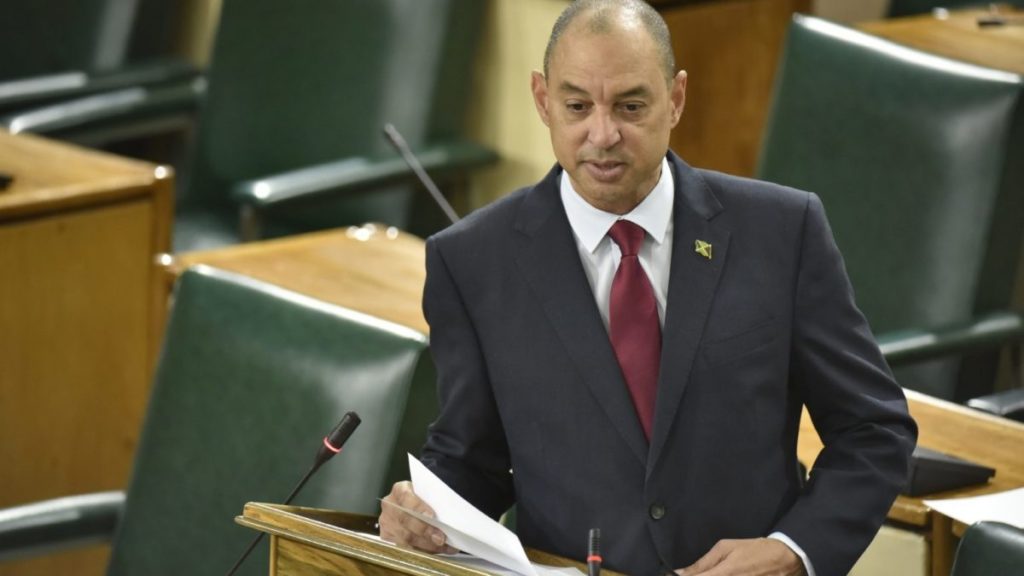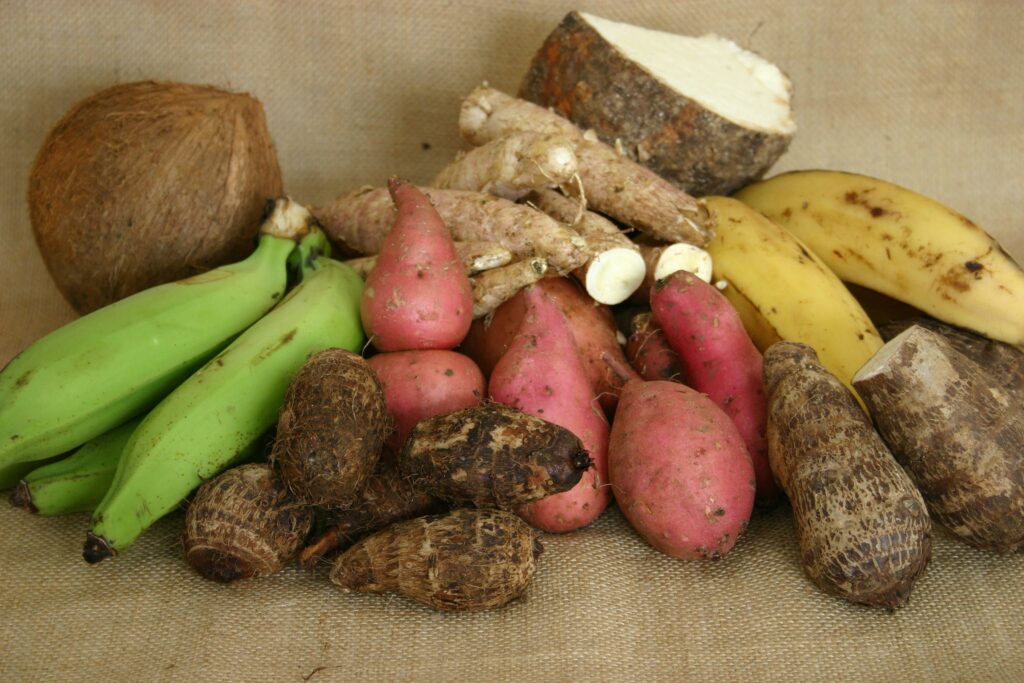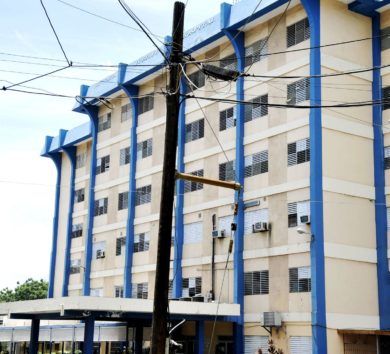

The issue of food security and Jamaica’s need to significantly reduce its importation bill and rely more on local produce was the theme of Senator Don Wehby’s contribution to the debate on the Agricultural Loan Societies and Approved Organisations Regulations 2021.
Below is his full address:
“Mr President, I rise in support of the Agricultural Loan Societies and Approved Organizations Regulations, 2021.
Although the legislation has taken a long time in coming, it is more important than ever for us to have it in place to support the operation of the primary legislation. Taken together, the Act and the regulations will be one of several initiatives to enhance the country’s economic recovery from the COVID-19 pandemic and support the growth of the agriculture sector.
Mr President, whenever an opportunity arises to contribute to the discussion about the agriculture sector I do so because I strongly believe in the ability of this sector to spur economic growth and more importantly the sector plays a critical role in Jamaica’s food security and poverty reduction. To achieve these goals our agriculture sector must be robust and modernised to first-world standards. This requires increasing production in agriculture through raising productivity levels through comprehensive training of our farmers, prioritising our small farmers so they can become big one day, and creating sustainable value-added food products.
The agriculture sector was hard hit by the pandemic, [forcing] the closure of many hotels which farmers depend on to purchase their produce. We now need to prioritise the export of our produce including mangoes, breadfruit, processed ackees and sweet potatoes. I am seeing where there is a demand for processed green jackfruit.
The Jamaica brand is very strong, and we must leverage it so the whole country can benefit. We need to modernise the Agricultural Marketing Corporation to become a primary distribution and marketing agent for all farmers including for export. I know Minister Shaw is very excited about getting this done as a public sector/private sector partnership.

Mr President, in November I read an Observer article with the headline, “Global Food Prices hit 10-year high.” The article noted that food prices had risen by more than 30 per cent within the last year.
One of the things I reflected on was how we as a country are going to ensure we can maintain food security for our people. One of the biggest threats to that is our heavy dependence on imports.
During 2019, the total value of food imports to Jamaica was $1 billion, with approximately 44 per cent of these imports supplied via sources in the United States. In 2020, the value of food imports as $900 million, with approximately 42 per cent supplied by the United States. So, over the two-year period, not much has changed.
As I have said before we need to set ourselves a target to cut our import bill in half by 2030. We need to create the policies the environment and incentives to achieve this objective. This will require investing heavily in agriculture and agro-processing by ensuring our farmers have good crop insurance and technical training to mass-produce certain crops.
Our farmers need the support to access technical training and to think big and think new technology, and processes, and they need access to credit to increase their productivity through mass production of certain crops. These Regulations will provide that support.
Private-public partnership is also very important to the development of the sector. I have had the experience first-hand of how public and private sectors can work together for a better Jamaica. Through that initiative, our farmers have another option for access to insurance for weather events.
JAMPRO
Another example of public-private partnership is the establishment of the Food Security and Agribusiness Council (FSAC) as a part of the National Five-Year Agribusiness Strategy.
JAMPRO is currently working on three high-tech agribusiness projects in the parishes of St Elizabeth, St Thomas and St James utilising cutting edge, climate-smart measures to deliver high-yield crops.
Mr President, hydroponics, aquaponics, climate-controlled agriculture and solar energy are being utilized to deliver high quality, predictable food output. A similar project was implemented in St Catherine and is currently producing vegetables for local supermarkets. Importantly, all these projects plan to transfer technology skills to small farmers and integrate them [into] a mother farm-satellite farm relationship.

These and other projects, coupled with other initiatives by the Ministry of Agriculture and Fisheries, will change the face of agriculture in Jamaica and enable us to reduce our US$1 billion food import bill and CARICOM’s US$5 billion bill.
Jamaica can become a powerhouse in agricultural food exports.
In closing, I again offer my support for the Agricultural Loan Societies and Approved Organizations Regulations, 2021.
Thank you, Mr President.”







Comments